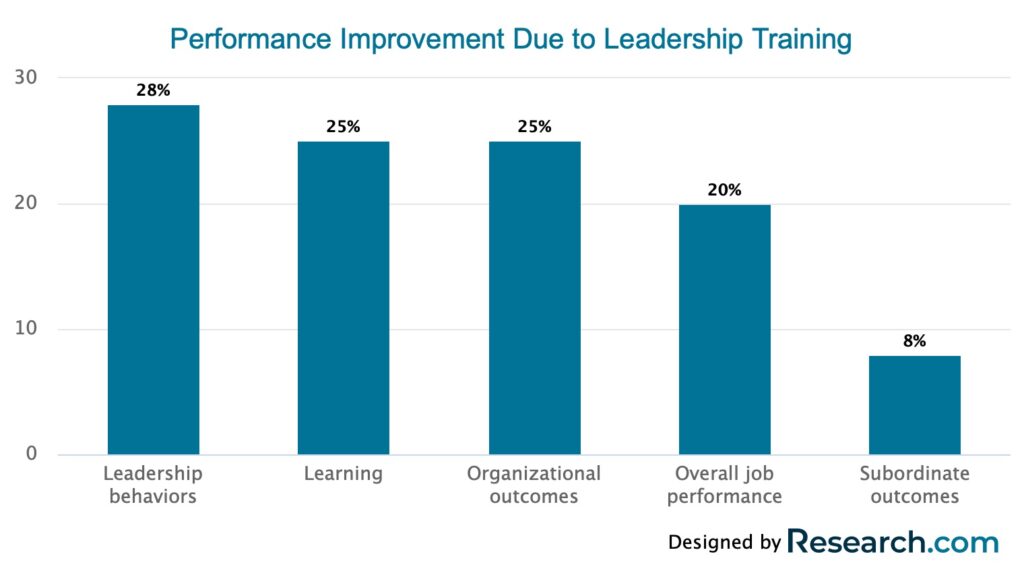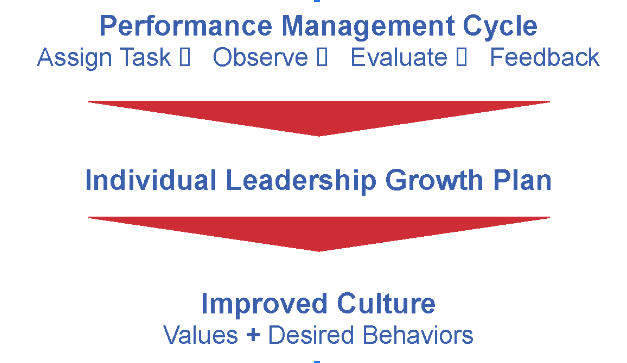Leading Effective Teams in the Mining Industry
Posted By:

Over the years I have noticed that the most successful teams have several things in common. They simply do the “basics” very well.
These basics are:
- Effective supervision and leadership.
- Appropriate skill levels for the required tasks.
- Clear business process and expectations.
- Short and long-term plans that people understand.
- Effective control over the inputs (OPEX/CAPEX, labour, fuel, time, stocks).
Let’s start with the impact of these basics on your team
Forty percent of new workers will leave an organization within 90 days from the start of their employment. Over half of exiting employees (51%) say that in the three months before they left, neither their manager nor any other leader spoke with them about their job satisfaction or future with the organization.
A study (Lacerenza, et. al., 2017) stated that while leadership training causes an increase of 28% in leadership behaviours, the overall performance of the employee also improves by 20%. In addition to targeting supervisory staff, this research and our experience show that providing leadership training to technical, engineering and entry-level employees will increase their individual performance and smoothen the workflow.
Seventy percent of a worker’s potential output is based on their skill while the remaining thirty percent depends on their drive, focus and motivation. Many organizations fail to effectively onboard new workers/supervisors/professionals or ensure a clear development path based on the person's growth within the organization. Most personal development opportunities (investing in people) stop after the 1st year.
“If you fail to plan, you are planning to fail,” Benjamin Franklin. In mining, as well as in most other industries, lack of planning leads to knee-jerks, exposes workers to increased risks, leads to expensive mistakes and distrust from the c-suite and the workers. Great organizations will have clearly defined planning horizons (daily, weekly, monthly, quarterly, yearly and 3–5-year plan) with clear sets of deliverables and accountabilities.
And lastly, a good understanding of the team’s value drivers is typically only understood by departmental managers / senior technical staff (or you hope). Ask a first-line supervisor, to value the impact of a decision or the cost of an event to the business and most will respond with “It is above my pay grade!"
Embedding the Basics
This is where OMS LEAD and our other services come in.
We put together a small multi-disciplinary team with extensive mining experience who will quickly be able to identify gaps and opportunities.
OMS LEAD is our leadership development program. The program is kicked off with a short leadership assessment to understand the current state. As people are key to your success, we focus our attention at all levels of the organization to understand what is working and what isn’t. We look at your organizational structures, HR and onboarding processes, performance management approach and workforce engagement level.
We‘ve designed a two-day hands-on, practical leadership workshop designed to introduce your team to some key principles for leading productive safe teams (Visionary, People Leader, Communicator, Change Manager, Performance Manager and Coach).
The goal of the workshop is to help the participants better understand themselves, and others. It will also provide them with some tools that they can take into the workplace. (Core Values, Personality Types, Perceptions, Difficult Conversations, Motivating, Problem Solving/Facilitation methodology, Communication and Managing Performance).
A third day is added for tactical planning, developing competency frameworks (Technical, Transactional and Leadership) and basic DITLOs (Day in the Life of) for key roles in the organization. This work becomes the foundation of our field coaching effort.
The field coaching focuses on ensuring the participant understand their role in the business, their strengths and areas requiring improvement. This part of the program focuses on the participant's performance in the field, how they deal with stressful situations, how they make decisions and most importantly how they treat their people. We will evaluate their will, their basic knowledge & skill and their confidence to perform their required tasks. Together with the participant’s supervisor, we will develop both a short and long-term development plan for the individual.
Building an Effective Leadership Culture
Building an effective leadership culture at your company will ensure that your operations are safe, productive and efficient. A program that clearly defines the desired capabilities and competencies, is practical and delivers on clear business objectives will help solidify your future and build resilience into your operations.
Leadership is not something you learn in a classroom-only setting. It must be coached and experienced by the learner. All successful leadership programs in our experience are leader-led. This means that the one-up leaders must actively work with their direct reports and ensure that every supervisor and above has a clear leadership growth plan.
Our OMS LEAD facilitators and coaches have all held technical and leadership roles at actual operating mines (Mining, Tech Services, Maintenance, Processing). Most of us have also lived through all the challenges of mine builds, ramp-ups to steady-state production.
Reference:
https://research.com/careers/leadership-training-statistics
Connect with an Outlier
Subscribe to our monthly newsletter!
All Rights Reserved



